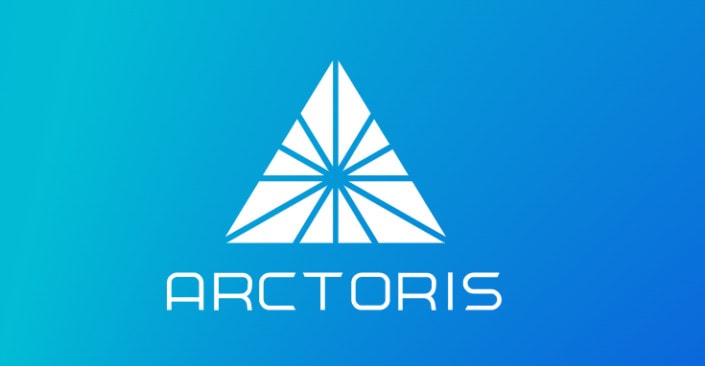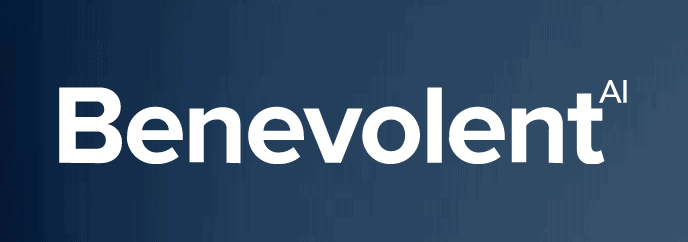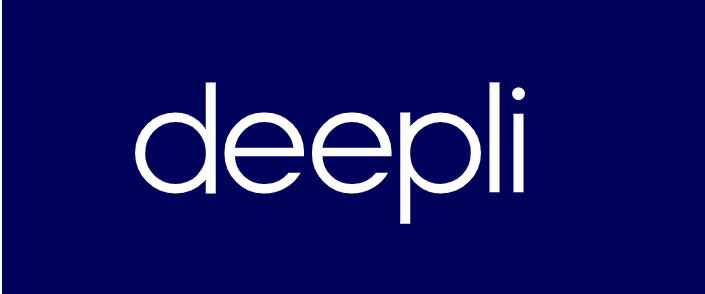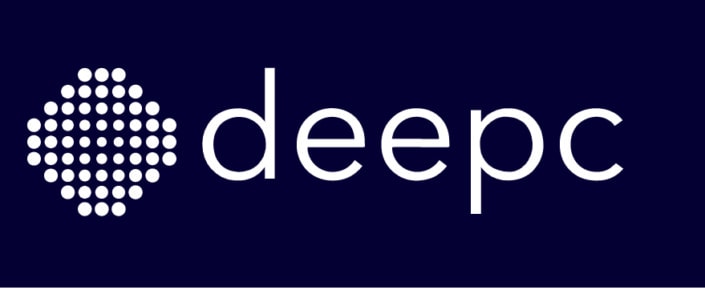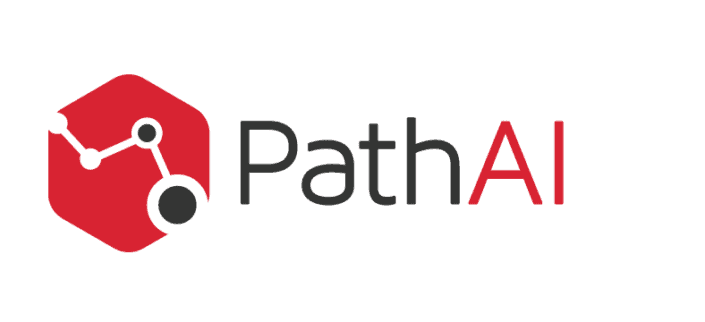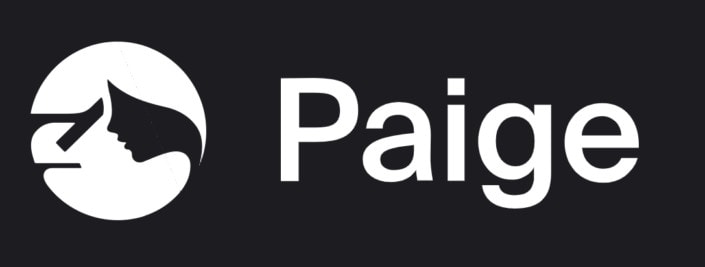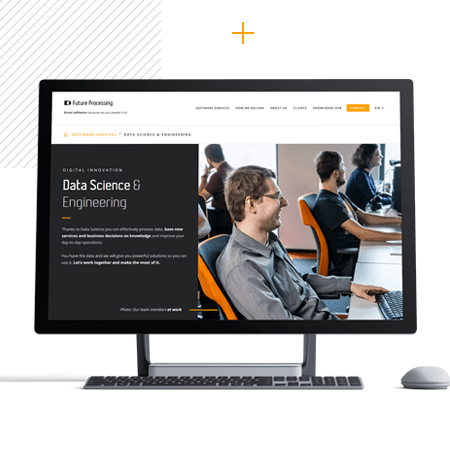
How AI-powered software can be used for health purposes?
Artificial Intelligence (AI) and Machine Learning (ML) are now being leveraged almost everywhere — from sales and marketing to security and finance.
However, the healthcare industry is where AI and ML can really make a difference by literally helping healthcare specialists save lives. The latest technological achievements support and serve the fields of:
- preliminary medical diagnoses,
- personalised treatment,
- and drug development.
AI and ML solutions also shine a beacon of hope on the costs of treatments, which can be very high when using standard methods, creating a barrier that for most people is impossible to overcome. Technology reduces these costs by making healthcare processes faster, more efficient and also more affordable.
This sounds excellent in theory, but what does it look like in practice? Just as great as it sounds.
Powerful examples of AI and ML-powered software applications in the healthcare industry
1. Arctoris
Arctoris provides us with Ulysses — a drug discovery platform that combines robotics, data science, and advanced machine learning algorithms in order to make more accurate, data-based decisions. This way, novel programs can be moved towards the clinic and to real patients faster.
They partner with companies in the biotech and pharmaceutical industries, as well as academic institutions from all over the world, making the process as efficient as possible.
2. BenevolentAI
The company developed the Benevolent Platform™, which is a computational, state-of-the-art R&D platform that focuses on drug discovery and development. They combine advanced artificial intelligence and machine learning with the latest scientific achievements to empower experts to understand the complexities of biology and explore interconnected disease networks.
The core of the platform — a comprehensive knowledge graph — captures both structured and unstructured data, giving scientists a lot of high quality insights and ideas to investigate.
3. deepli
deepli believes that access to data and the features that companies need should not be expensive — which is especially important for the small companies that represent 95% of the market. They offer four main products based on deep learning algorithms:
- deepli Science — a platform designed for scientists to skyrocket their projects. deepli Science suggests papers that are worth reading, connects experts from different companies or labs, and produces intelligence charts for data visualisation.
- deepli Academia — a targeted search for labs in a specific topic. Findings can be shortlisted by core topic, publications, and more. It offers smart notifications to keep users posted about what is happening in the scientific world, helping them stay ahead of the competition.
- deepli Companies — a search engine that works through the website content of companies related to the “bio” world. Users can observe the latest updates for specific keywords, find suppliers and prospects, as well as get a market overview.
- Clinical Trials — searches for clinical trials and the people responsible for them.
4. DeepcOS
DeepcOS is a cloud-based radiology AI platform, which provides an end-to-end integration of AI medical products from the best AI vendors around the globe. The platform funnels data into the right AI engine for real-time processing.
deepcOS aims to streamline imaging workflows and increase their efficiency, in order to help specialists provide the most swift and accurate diagnostics possible. This is crucial in terms of the early detection of any pathological changes in examined areas — especially when those changes are potentially life-threatening.
5. Kheiron
The Kheiron ML platform (Mia® — Mammography Intelligent Assessment) analyses mammography images to help radiologists detect cancer early on and increase breast cancer survival rates (according to the American Cancer Society, the survival rate for women who receive a diagnosis in the early-stages of breast cancer is 99%). Also, a “timely” diagnosis often leads the way for less invasive treatment. And the company promises that breast screening is only the beginning on their path to revolutionising diagnostics with the power of artificial intelligence, and they are now focusing on leveraging AI in identifying other types of cancer.
Smart support in the evaluation process could potentially help not only radiologists, but also other experts, save millions of lives worldwide, each and every year.
6. PathAI
PathAI works with biopharma, clinicians, and laboratories in order to provide patients with access to the right diagnoses and treatments. Their AI-powered technology was developed to reduce subjectivity to a minimum and use machine learning algorithms to analyse tumour cells with unparalleled precision, lowering potential rates of error.
In addition, the reproducible digital pathology analyses are not only used for diagnostic purposes, but also in drug development processes.
7. Paige AI
Paige AI is another AI cancer diagnostics company that revolves around using ML to help pathologists make better diagnostic decisions. Paige has built an AI supercomputer with more than 10-petaflops computing power, which performs 1015 calculations every single second. Recently, Paige trained neural networks (on the largest dataset to date) to identify prostate cancer, achieving almost 100% accuracy on a test set consisting of nearly 2,000 images.
As a result, they developed Paige Prostate Detect — the first AI-based pathology product approved by the U.S. Food and Drug Administration, which is available for in vitro diagnostic use.
Wrap-up
The Health AI market grew from $600 million to $6.6 billion in just 7 years, from 2014 to 2021. The explosive growth of AI-powered solutions is visible not only in the fields mentioned above, but also in surgical procedures (which now can be robot-assisted) or administrative workflows in hospitals (which can be highly automated).
There are many more possible ways to apply the latest AI technologies, and the healthcare industry is eager to embrace any new solution that is designed to make a difference in the lives of doctors, scientists and patients. So, if you’re thinking about developing an application like this — don’t hesitate to get in touch with us, so that we can help you turn your dream into a reality.
____________________________________________
SPECIAL CONTRIBUTION
The article was written with a contribution from Inna Zaimenko – a dynamic entrepreneur who is leveraging her passion for sales, marketing, and life sciences to create the future. Zaimenko is the founder and CEO of Deepli (former A-LabInsider) – a platform with several product categories that include search engines through websites and publications of academic life science labs or bio-related companies.
